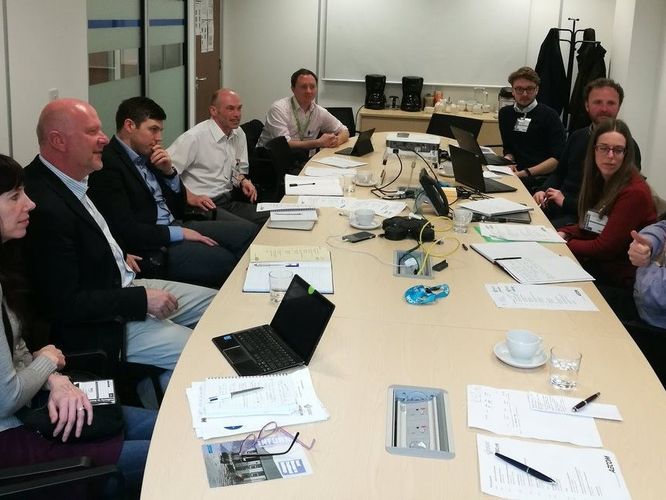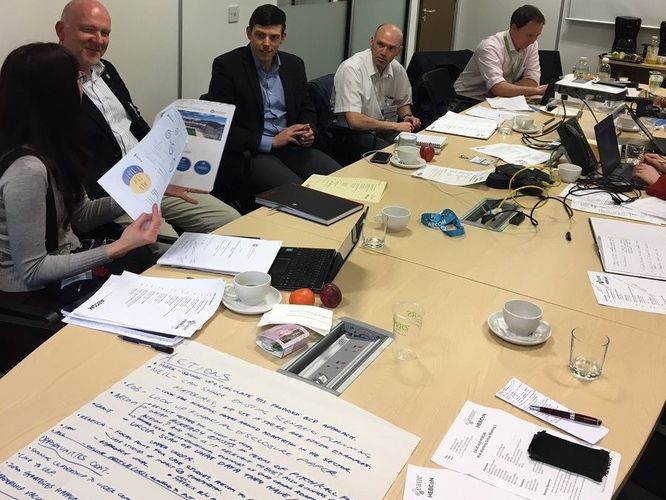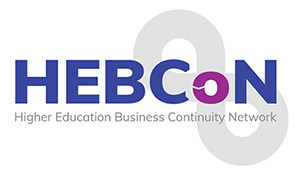On Monday 9th April the EAUC and HEBCoN (Higher Education Business Continuity...
On Monday 9th April the EAUC and HEBCoN (Higher Education Business Continuity Network) Risk Project Working Group met for the first time at the AECOM Offices in Birmingham.
The Risk Project aims to explore how environmental risks, and specifically climate change, might affect the critical functions of universities and colleges. We will then consider how risk and business continuity tools can be used to understand and address the challenges and opportunities climate change will bring, using language and structures already established within tertiary education institutions such as corporate risk registers.
The Working Group, assisted by AECOM (who are sponsoring the project), will be evaluating and collating resources over the next six months to support the two key project outcomes:
We will keep our Members updated as the project progresses, with all compiled resources to be made available on the Sustainability Exchange.
The Risk Project aims to explore how environmental risks, and specifically climate change, might affect the critical functions of universities and colleges. We will then consider how risk and business continuity tools can be used to understand and address the challenges and opportunities climate change will bring, using language and structures already established within tertiary education institutions such as corporate risk registers.
The Working Group, assisted by AECOM (who are sponsoring the project), will be evaluating and collating resources over the next six months to support the two key project outcomes:
- Assisting sustainability professionals in getting increasing institutional awareness of climate change risk and commitment to the actions necessary mitigate them (especially useful for those seeking or maintaining ISO14001)
- Assisting sustainability professionals in presenting to decision makers a prioritised strategy for climate change adaptation necessary to avoid disruption to the delivery of institutional objectives and maximise potential for benefits (e.g. financial, reputational, partnerships).
- Climate change adaptation projects or structures such as working groups
- Extreme weather events which have disrupted institutional activity
- Resources you have used to engage others on the need to increase resilience to the impacts of climate change
We will keep our Members updated as the project progresses, with all compiled resources to be made available on the Sustainability Exchange.














